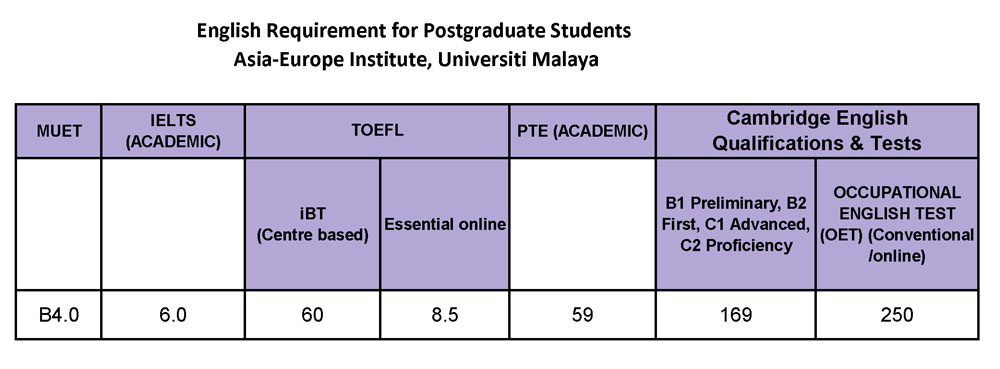The Master in European Studies (MES) aims to provide a holistic understanding of modern Europe and its major representative regional organisation – the European Union. The courses taught in this programme provide a holistic perspective on Europe’s distinctive history and how it began to transform during the twentieth century and witnessed several new political, security, and economic changes. Another interesting feature of this programme is that it offers perspectives on Europe both from within and outside. This is facilitated by academic collaborative exercises offered by the AEI in-house experts and Europe-based professors, scholars, and policy makers. A distinct feature of the Master in European Studies programme is that rather than being deeply embedded in history alone, it offers a blend of historical, modern international relations, regionalism, and political economy perspectives. In doing so, the programme pays due attention to the European Union and its affiliate regional and inter-regional initiatives.
The main aim of this program is to produce graduates that have advanced knowledge of political security, economic and strategic issues on the European region.
As a post graduate programme, the educational objectives (PEO) that AEI hopes to prepare its graduates for are as follows:
Mode: Full Time
Programme Duration:
Semester Intake:
Academic Session Calendar:
Mode of Study:
Applicant should hold a recognised:
Bachelor’s Degree with a minimum of CGPA 3.00.
OR
Bachelor’s degree with a CGPA between 2.50 to 2.99 and fulfil at least one (1) criterion as follows:
An applicant who is not a Malaysian citizen and holds a degree from a university or higher education institution where the language of instruction for that degree is not English but wishes to pursue a program and write a dissertation in English must meet a minimum score requirement in one of the recognized standard language proficiency tests as follows:

Note: All the CGPA mentioned above is using the 4.0 scale.
| Semester 1 | ||
|---|---|---|
| Code | Subject | Credits |
| QQX7007 | Regionalism and Regionalisation | 3 |
| QQB7007 | Regionalism in Europe | 3 |
| QQB7008 | Modern Europe | 3 |
| Elective Courses ** | ||
| QQD7008 | The Making of Modern Southeast Asia | (3) |
| QQD7009 | ASEAN and Regional Security | (3) |
| QQD7010 | ASEAN and Economic Integration | (3) |
| Total Credits for Semester 1 | 9 | |
| Semester 2 | ||
| Code | Subject | Credits |
| QQX7001 | Research Methodology | 3 |
| QQX7006 | Political Economy of Asia-Europe Relations | 3 |
| QQX7008 | Comparative Regionalism | 3 |
| QQB7009 | Regional Security in Europe | 3 |
| QQB7010 | Economic Integration in Europe | 3 |
| QQB7012 | Research Project | 6* |
| Elective Courses ** | ||
| QQD7007 | ASEAN Regionalism | (3) |
| Total Credits for Semester 2 | 21 | |
| Semester 3 | ||
| Code | Subject | Credits |
| QQB7012 | Research Project | 6* |
| Elective Courses ** | ||
| QQX7009 | Internship | 6 |
| Total Credits for Semester 3 | 6 | |
| Total All Credits (Sem. 1 + Sem. 2 + Sem. 3 + Elective Courses) Elective Courses = 6 credit hours |
42 | |
Note:
* 12 credits divided into 2 semesters: 12/2 = 6 credits
** To choose 6 credit hours of elective course from either Sem. 1 / Sem.2 / Sem.3
| Areas | Details |
|---|---|
| Academia |
Teacher/Lecturer |
| ASEAN-linked companies |
Officer for Culture and Information |
| Consultancy |
Management Consulting |
| Journalism |
Publishing |
| Public Relations |
Strategic Communications |
| Business |
Business Research |
Tuition Fee: POSTGRADUATE PROGRAMMES (MALAYSIAN & INTERNATIONAL) - FULL TIME
Financial Assistance: FINANCIAL AID FOR POSTGRADUATE
Last Update: 02/09/2025